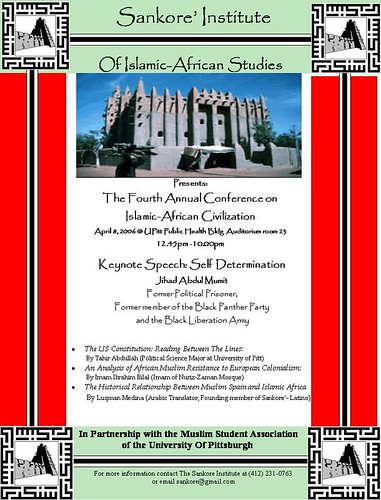April 7, 2006
BY ERIN TEXEIRA
NEWARK, N.J. -- The men both stood in a busy hardware store parking lot, but their lives were far apart.
On one end, Oscar Bautista of El Salvador said he had been waiting more than three hours for a job. Across the lot, Art Jackson loaded potting soil into his Dodge Durango. He complained that immigrants are making it harder for Americans to keep good jobs, especially blacks.
''You need to take care of home first,'' said Jackson, an African-American phone salesman from northern New Jersey.
Blacks and Latinos are often united on social and political issues. But they often differ when it comes to immigration.
Newcomers make black progress harder, said Wesley Crawford, who works at Source of Knowledge, a bookstore in Newark. ''It's a misconception that they're taking jobs we don't want. If you give people a good job, they will work.''
While Hispanic immigrants have protested a proposed crackdown on illegal immigration, the nation's most prominent black leaders have all been to New Orleans to try to stop the upcoming local election. Shortly after the storm, Jesse Jackson and others complained that Latino workers seemed to have more access than blacks to rebuilding jobs.
Bruce S. Gordon, president of the National Association for the Advancement of Colored People, said that African-American and Latino bonds are strong and that his ''spirit was there'' at the immigration marches.
Most of the immigration protests have focused on a bill passed by the U.S. House that would make illegal immigration a felony, and all but one black voting member of Congress, Rep. Harold Ford Jr. of Tennessee, was against it, according to the Congressional Black Caucus.
Still, many blacks feel threatened, said Earl Ofari Hutchinson, a black writer in Los Angeles.
''The civil rights leaders say we're all united, but the average person on the street is taking great offense at this group coming in and essentially taking over,'' he said.
AP
